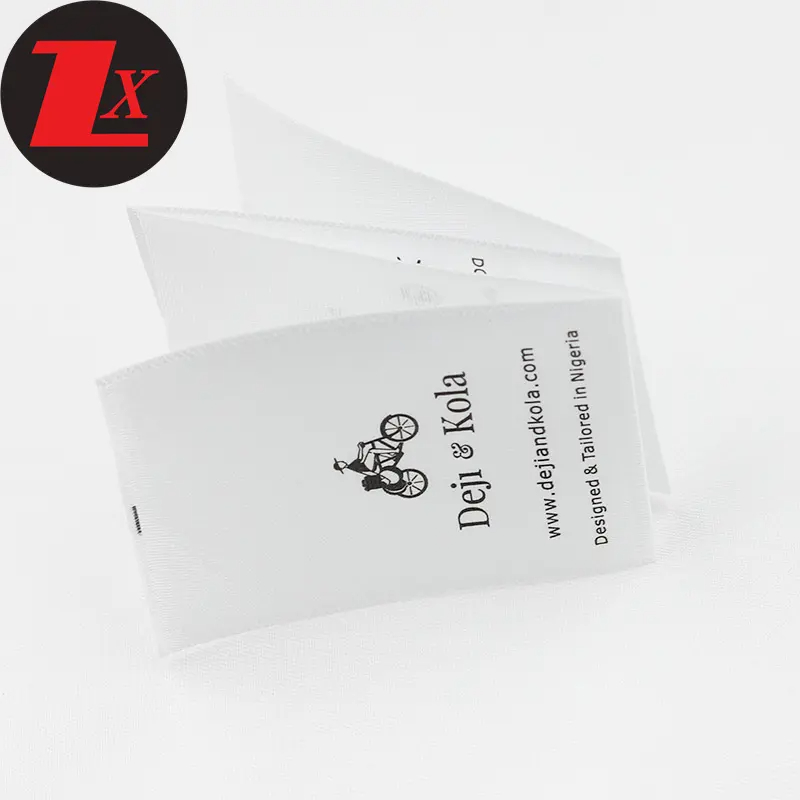
The Need for Eco-Friendly Clothing Labels

As the world becomes more environmentally conscious, consumers are increasingly seeking sustainable alternatives in all aspects of their lives, including fashion. The rise of eco-friendly clothing labels marks a crucial step towards achieving sustainability in the fashion industry.
1. Understanding Eco-Friendly Clothing Labels
Eco-friendly clothing labels prioritize the use of organic and recycled materials, environmentally friendly manufacturing processes, and fair labor practices. These brands aim to reduce the negative impact of fashion on the environment and promote a circular fashion economy.
2. Organic Materials and Sustainable Production
Eco-friendly clothing labels emphasize the use of organic materials such as organic cotton, hemp, and bamboo. These materials are grown without the use of harmful pesticides and chemicals, minimizing the environmental impact. Additionally, sustainable production practices, such as water and energy conservation, are integral to these brands' operations.
3. Recycling and Upcycling: Extending Garment Lifespan
Many eco-friendly brands prioritize recycling and upcycling as part of their sustainability efforts. They encourage consumers to donate or recycle their old garments, transforming them into new products. By extending the lifespan of clothing items, these brands reduce waste and contribute to a more sustainable fashion industry.
4. Fair Trade and Ethical Manufacturing
Eco-friendly clothing labels also emphasize fair trade and ethical manufacturing processes. They ensure that their workers receive fair wages and work in safe conditions. By supporting these brands, consumers can contribute to a more equitable and socially responsible fashion industry.
5. Consumer Awareness and Impact
The rise of eco-friendly clothing labels is not solely reliant on the brands themselves but also on the growing awareness and demand from consumers. By consciously choosing sustainable fashion, consumers can influence the market and encourage more brands to adopt environmentally friendly practices.
Conclusion
The emergence of eco-friendly clothing labels signifies a significant shift towards a more sustainable fashion industry. By prioritizing organic materials, sustainable production, recycling, fair trade, and ethical manufacturing, these brands pave the way for a greener future. As consumers become more aware of their impact on the environment, supporting eco-friendly clothing labels becomes an essential step in achieving global sustainability goals.
